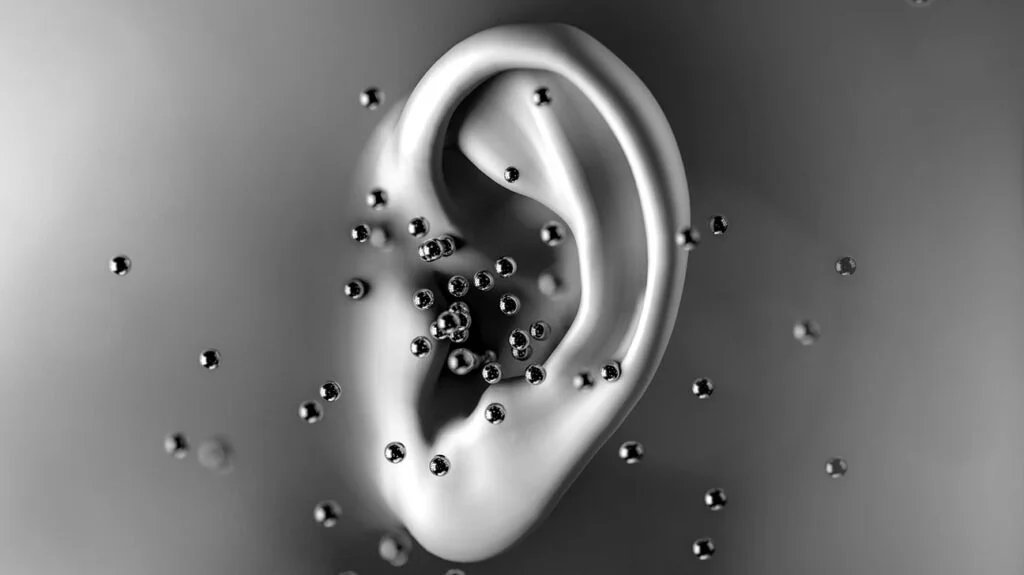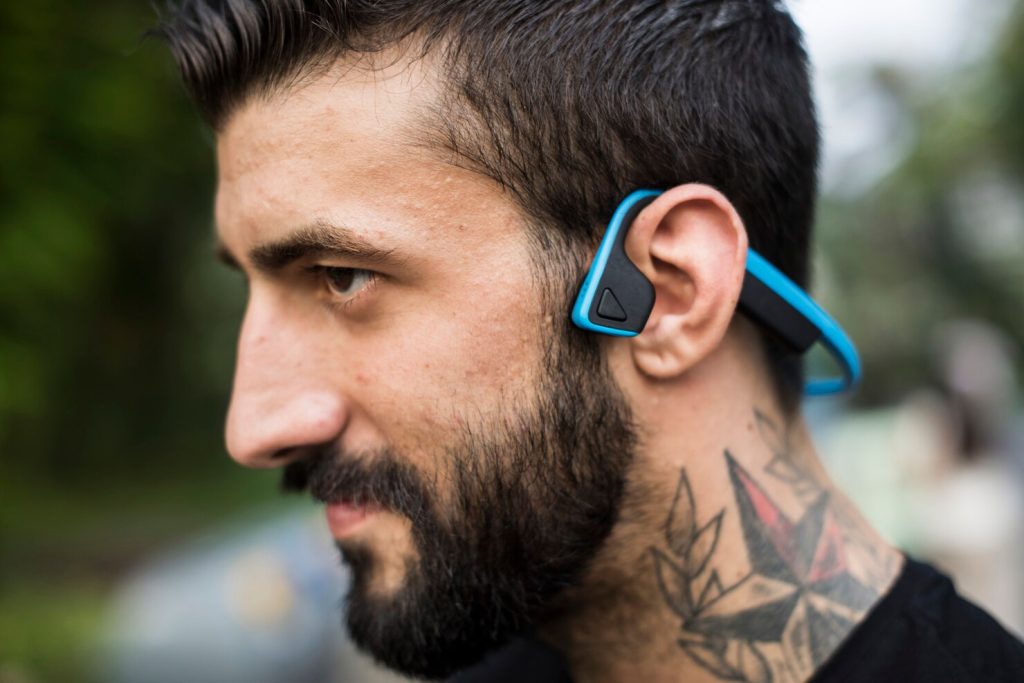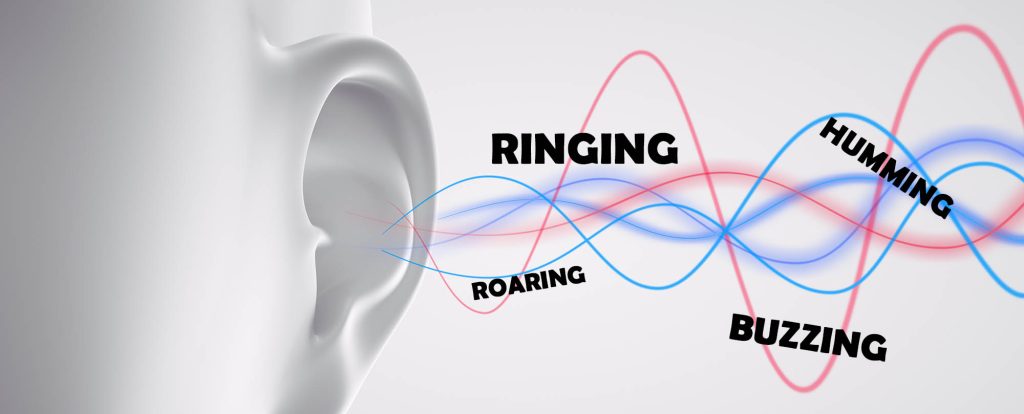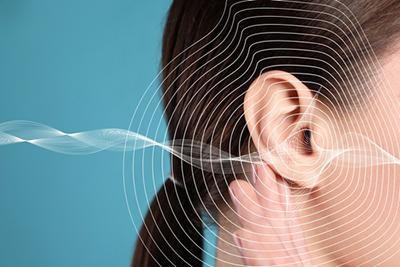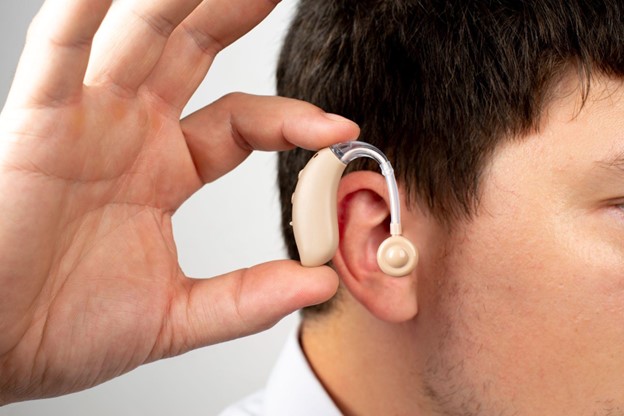To prevent tinnitus, it is important to minimize exposure to loud noises by wearing ear protection, turning down the volume on personal audio devices.
Posts published in “Tinnitus”
Wearable devices are emerging as promising tools for both tracking and potentially treating tinnitus, a condition characterized by the perception of sound.
Spontaneous tinnitus, the sudden and temporary perception of ringing or buzzing in the ears, occurs without warning and typically resolves on its own.
Tinnitus affects millions and lacks effective treatments. However, VR, initially designed for entertainment, is emerging as a potential solution.
Tinnitus, characterized by ringing, buzzing, or whistling in the ears without an external source, is a common condition that can be caused by various factors.
Emerging research indicates that diet might play a role in influencing tinnitus, although the connections are still not fully understood.
Tinnitus, marked by persistent ringing in the ears, affects approximately 750 million individuals worldwide, profoundly impacting their quality of life.
Tinnitus – a persistent ringing, buzzing, or humming in the ears, has been linked to body composition, particularly in men with obesity.
Tinnitus, often described as ringing or buzzing in the ears, can result from ototoxic medications like antibiotics, chemotherapy, or pain relievers.
MedRx has introduced a comprehensive tinnitus assessment test within the MedRx Studio software, allowing clinicians to closely match a patient’s tinnitus sounds with precision.

